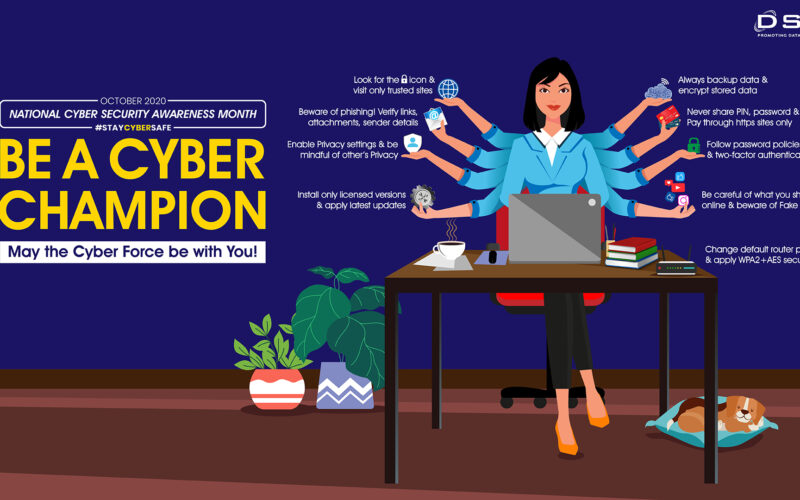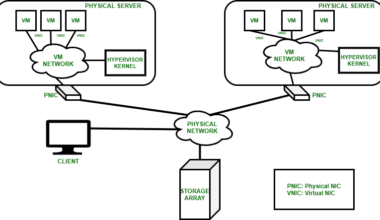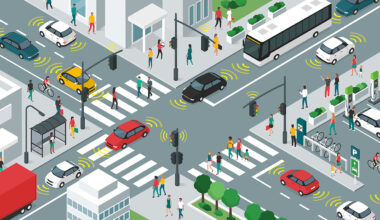Cybersecurity is the practice of protecting computer systems and networks from unauthorized access, use, disclosure, disruption, modification, or destruction. In today’s digital world, cybersecurity is more important than ever. With more and more of our lives being conducted online, it is essential that we take steps to protect our personal information and financial assets from cyber threats.
There are a number of things that you can do to stay safe online. Here are some tips:
- Create strong passwords and never share them with anyone. A strong password is at least 12 characters long and includes a mix of uppercase and lowercase letters, numbers, and symbols. You should never share your passwords with anyone, not even friends or family.
- Be careful about what information you share online. Only share personal information that is necessary, such as your name, email address, and phone number. Avoid sharing your social security number, credit card number, or other sensitive information.
- Be wary of emails and links from unknown senders. If you receive an email from someone you don’t know, or if a link in an email looks suspicious, don’t click on it. These emails may contain malware that can infect your computer.
- Keep your software up to date. Software updates often include security patches that can help protect your computer from malware. Make sure to install software updates as soon as they are available.
- Use a firewall and antivirus software. A firewall can help protect your computer from unauthorized access, and antivirus software can help detect and remove malware.
- Be careful about what websites you visit. Only visit websites that you trust. If you’re not sure whether a website is safe, you can use a website security checker to scan it for malware.
- Use public Wi-Fi cautiously. Public Wi-Fi networks are often not secure, so you should be careful about what information you access on them. If you must use public Wi-Fi, avoid accessing sensitive information, such as your bank account or credit card information.
- Back up your data regularly. This will help protect your data in case your computer is infected with malware or your hard drive fails.
By following these tips, you can help protect yourself from cyber threats and stay safe online.
In addition to the above tips, here are some other things you can do to stay safe online:
- Be aware of the latest cyber security threats. Stay up-to-date on the latest cyber security news and updates so that you can be aware of the latest threats and how to protect yourself against them.
- Educate yourself about cyber security. The more you know about cyber security, the better equipped you will be to protect yourself from cyber threats. There are many resources available online and in libraries that can help you learn more about cyber security.
- Be a good digital citizen. This means being respectful of other people’s privacy and not engaging in activities that could put them at risk, such as phishing or spreading malware.
By following these tips, you can help protect yourself and your personal information from cyber threats. Remember, cybersecurity is an ongoing process, so it is important to be vigilant and to take steps to protect yourself on a regular basis.
Here are some additional resources that you may find helpful:
- The National Cyber Security Alliance: https://www.staysafeonline.org/
- The Cybersecurity and Infrastructure Security Agency: https://www.cisa.gov/
- The Federal Trade Commission: https://www.ftc.gov/
I hope this helps!











